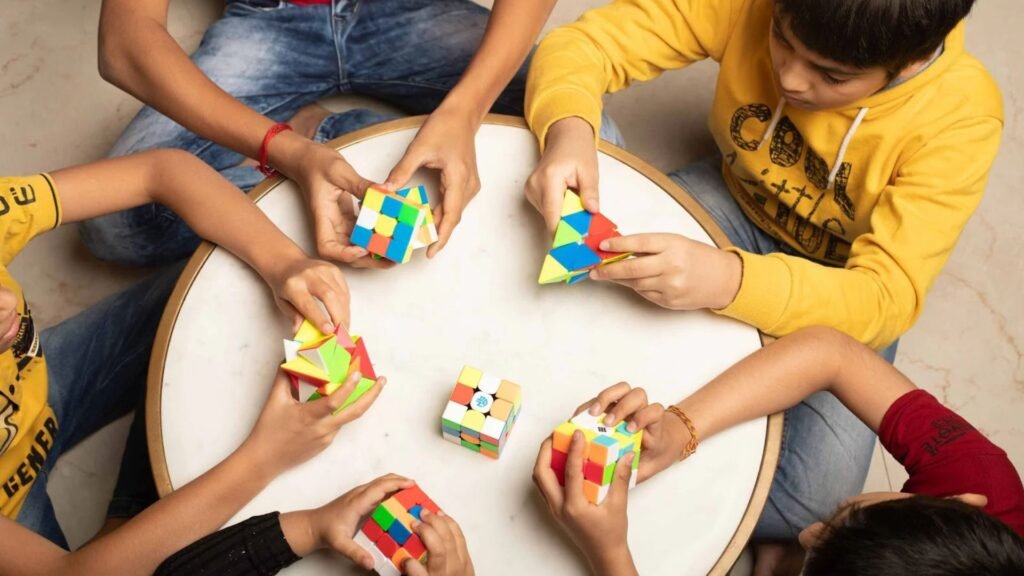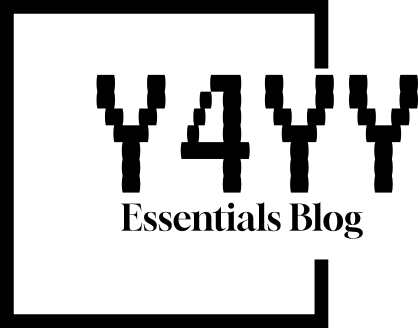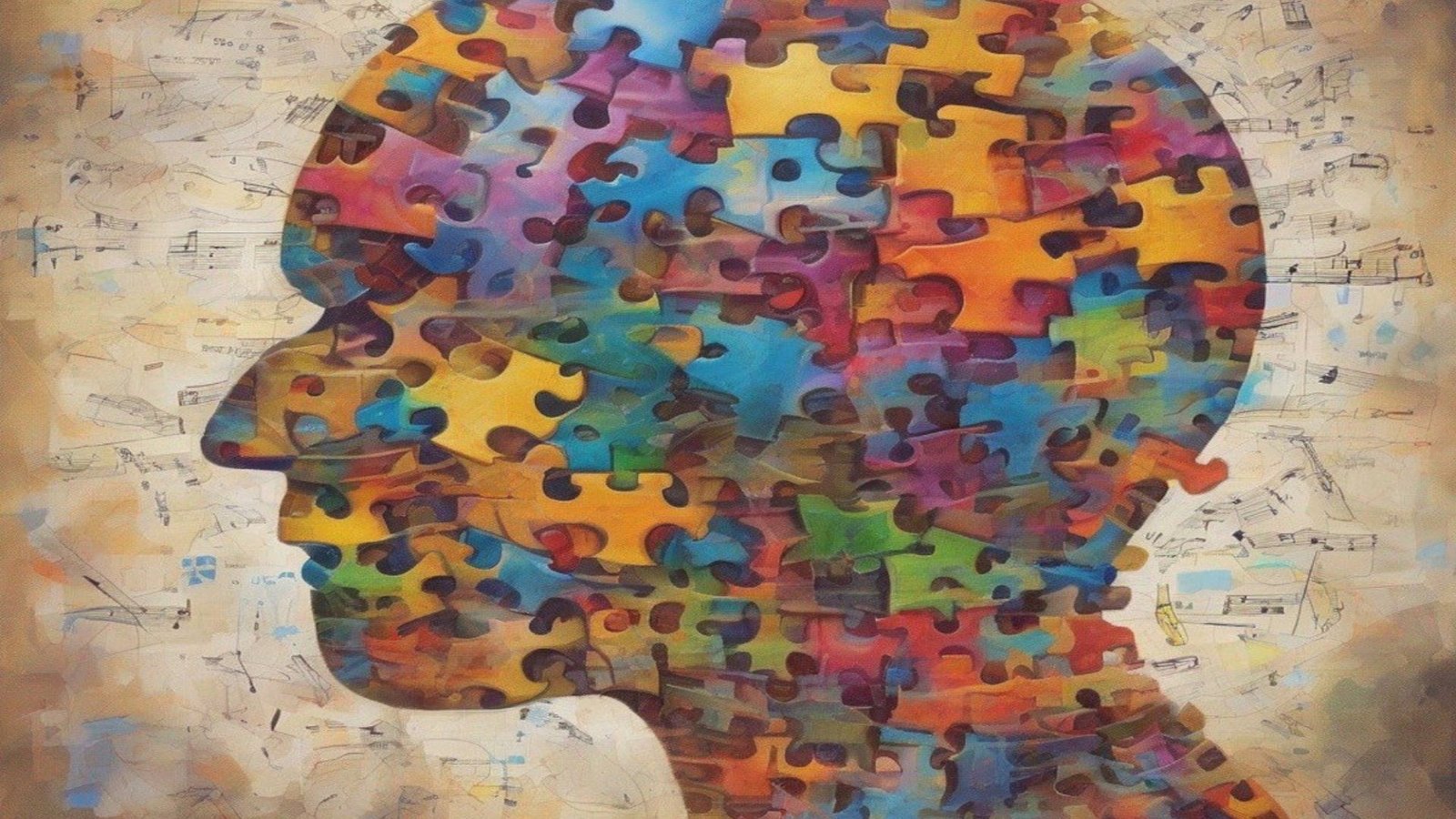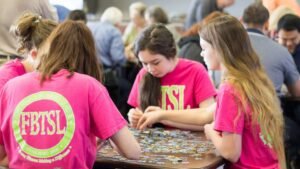Participating in puzzle competitions can be both thrilling and challenging, but like any competitive event, preparation is key to success. Whether you’re preparing for a Rubik’s Cube race, a jigsaw puzzle contest, or a logic-based competition, practicing effectively can help you improve your skills, sharpen your strategies, and boost your performance under pressure. In this article, we will discuss the best practices for practicing for puzzle competitions, from creating a focused training plan to mastering the mental game.

Set Clear, Achievable Goals
Define Your Objectives
Before you begin practicing, it’s important to set clear, measurable goals. Whether you want to improve your speed, accuracy, or puzzle-solving techniques, knowing what you want to achieve will help guide your practice sessions.
- Speed Goals: If you’re competing in a speed-based puzzle (like Rubik’s Cube or jigsaw puzzles), set specific time targets. For example, aim to reduce your Rubik’s Cube solve time by 10 seconds in the next month.
- Accuracy Goals: In jigsaw puzzle competitions or logic challenges, set goals to increase accuracy or reduce the number of mistakes made during timed trials.
- Consistency Goals: Practice regularly and aim to reach a consistent level of performance over multiple sessions.
Track Your Progress
Use a logbook or an app to track your performance. This could include things like your time on each puzzle, the number of mistakes you made, or how many rounds you completed without errors. Tracking progress helps you spot areas for improvement and keep you motivated.
Practice Under Real Competition Conditions
Simulate the Competition Environment
One of the best practices for practicing for puzzle competitions is to replicate the actual competition environment as closely as possible:
- Time Limits: Always use a timer when practicing to simulate the pressure of timed rounds. Time yourself during each practice session and try to beat your previous best.
- Compete with Others: If possible, practice alongside other competitors. This will help you get used to the competitive atmosphere and the pressure of solving puzzles quickly.
- Variety of Puzzles: If you’re training for a multi-round competition, practice with a variety of puzzle types. For example, if your competition involves both Rubik’s Cubes and logic puzzles, make sure to alternate between the two to train for different challenges.
Use Multiple Rounds
Run multiple rounds of different puzzles with short breaks in between. This will help you build stamina and develop strategies for pacing yourself during longer events. Practice solving puzzles under stress and time pressure so that you’re well-prepared for the actual competition.
Focus on Specific Skills and Techniques
Master the Basics
No matter the puzzle type, mastering the basics is essential:
- Speedcubing: Learn and refine your algorithms. The more you practice, the more fluid your movements will become. Work on improving your finger tricks, as this can shave precious seconds off your solve time.
- Jigsaw Puzzles: Focus on mastering edge-assembly and piece-sorting techniques. Develop the habit of organizing puzzle pieces by color or pattern to improve efficiency during competitions.
- Logic Puzzles: Practice common techniques for solving Sudoku, crosswords, and other brain teasers. Mastering the fundamentals will allow you to quickly identify patterns and avoid wasting time on complex sections.
Target Weaknesses
While it’s important to practice your strengths, focusing on your weaknesses is just as crucial. Identify the areas where you tend to struggle the most, whether it’s a specific puzzle section, algorithm, or strategy, and dedicate extra time to improving these aspects.
- Time Management: If you’re consistently running out of time, consider adjusting your approach to become more efficient. Learn how to quickly assess the puzzle and prioritize tasks.
- Pattern Recognition: In logic puzzles, improving your ability to recognize patterns quickly can make a significant difference in your performance.
Learn New Techniques
As you progress in your practice, seek out new strategies or algorithms that can improve your speed or efficiency:
- Rubik’s Cube: If you haven’t already, explore advanced methods like CFOP or the Roux method to increase your solving speed.
- Jigsaw Puzzles: Learn specialized strategies for complex puzzles, such as the “corner-first” method or using a rotational approach for tricky sections.
- Logic Puzzles: Master advanced techniques like backtracking, the process of elimination, or graph theory for problems involving logic grids.
Establish a Consistent Practice Routine
Set Regular Practice Times
Consistency is key when preparing for puzzle competitions. Establish a practice routine where you train a set number of days each week. Just like physical training, mental skills improve through repetition and discipline:
- Frequency: Aim to practice for at least 3-4 days a week leading up to the competition.
- Duration: Each practice session should last between 30 minutes to 1 hour, depending on your focus and stamina. Avoid overly long sessions that lead to mental fatigue.
Mix Practice Types
Avoid repetitive practice that only focuses on one type of puzzle. Mix up your sessions so that you’re working on a variety of skills:
- Puzzle Type Variety: Spend some days working on jigsaw puzzles, while other days focus on logic-based puzzles, Rubik’s cubes, or other challenges.
- Timed vs. Non-Timed: Alternate between timed sessions (to simulate the competition) and untimed sessions (to work on technique or problem-solving without the pressure).
Review and Adjust
After each practice session, take a few minutes to review your performance. Did you hit your target time? Did you struggle with any particular technique or section? Adjust your next practice accordingly to continue improving.
Conclusion
The best practices for practicing for puzzle competitions revolve around focused, consistent training, strategic planning, and mental resilience. By setting clear goals, simulating competition conditions, refining your techniques, and managing both time and stress, you can improve your puzzle-solving abilities and perform at your peak during the event. Remember that practice doesn’t just make perfect—it also builds the confidence and skills necessary to succeed in competitive puzzle-solving environments. With these best practices in mind, you’ll be well on your way to becoming a strong contender in your next puzzle competition.



